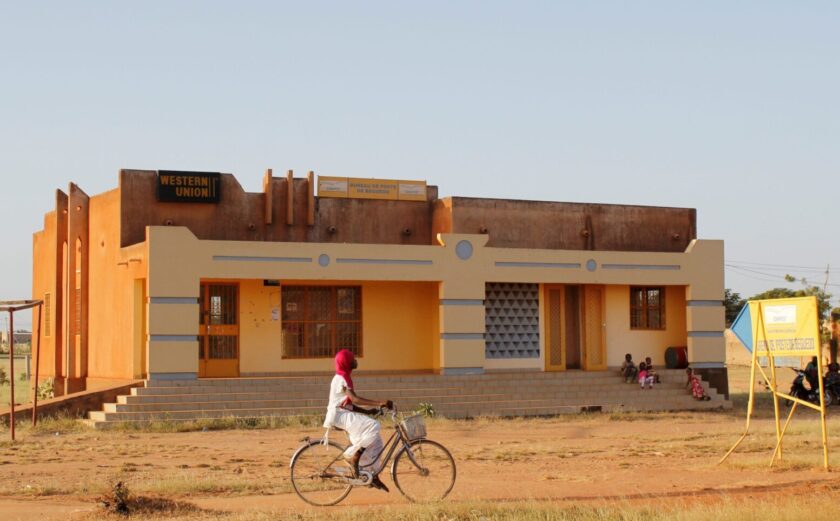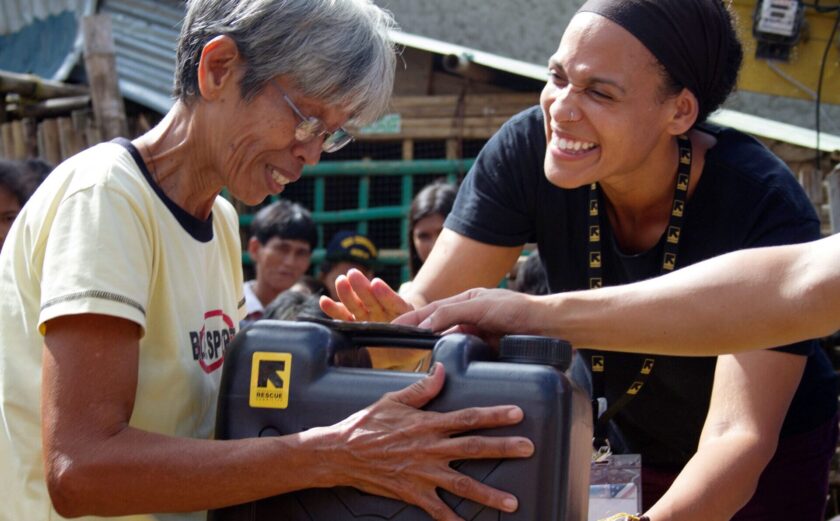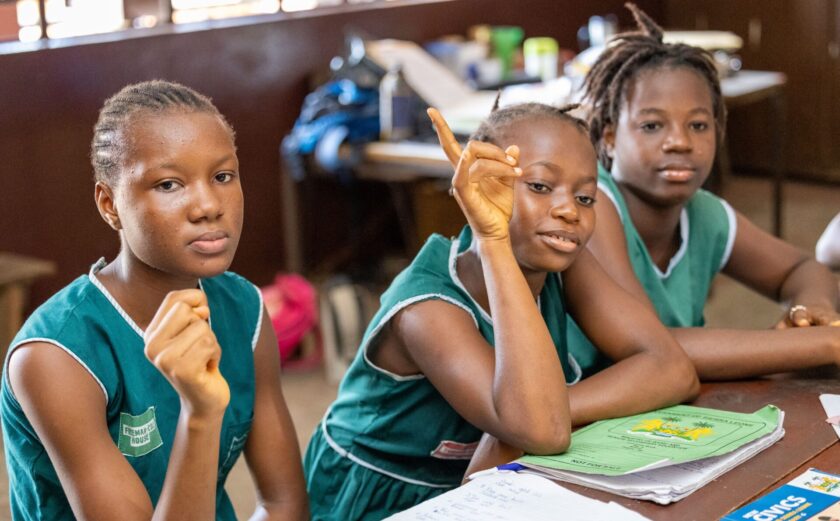
InterAction Community Feedback on USAID’s New Local Capacity Development Policy
The InterAction community appreciated the opportunity to provide feedback on USAID’s new Local Capacity Development Policy. We commend the acknowledgment of the need for complementary local capacity development activities that are context-specific.
The Local Capacity Development Policy is timely, and with proper implementation and further clarification of the policy in different political contexts (i.e., closed, closing, and open societies), it will help advance the agency’s goals of increased local ownership. The process of consulting with local organizations in developing this policy is welcome, and we hope it continues in the implementation and development of other agency policies.
Opportunities to Strengthen the Local Capacity Development Framework and Principles
InterAction developed the below recommendations for the Local Capacity Development Policy’s framework and principles based on submissions from and discussions with Member organizations working on locally led development and localization:
- Ensure that marginalized and underrepresented groups are mainstreamed throughout the policy and meaningfully included in decision making processes. The policy makes general statements on listening to marginalized and underrepresented groups to inform capacity development programming. It should further demonstrate how it will include people outside the center of power while recognizing that marginalized groups are not a monolith. The policy should outline concrete action steps to engage with LGBTQIA+ people, women and girls, people with disabilities, Indigenous peoples, marginalized ethnic and religious populations, internally displaced persons, youth and the elderly, and other socially marginalized individuals.
- Start with the local system and build the capacity of the overarching system. Members support the policy’s aim of shifting from short-term, compliance-related outcomes toward long-term performance improvement—recognizing that every actor is different, develops in unique ways, and has distinct priorities. The policy should further define how USAID intends to manage expectations for how long it takes to create sustainable capacity strengthening that is comprehensive and locally defined.
- Understand the national and sub-national social and political context for local capacity strengthening. The framework and principles acknowledge starting with local systems and local contexts to effectively strengthen the capacity of local actors. To aid this process further, it should address shrinking civic space and enabling environments for local capacity building, noting macro and national policy changes that incentivize or deter locally led capacity development.
Looking ahead to the Implementation of the Local Capacity Development Policy
When implementing the policy, USAID should:
- Align USAID staffing with other agency policies/approaches.
- Prioritize funding mechanisms that are decentralized to effectively strengthen the ability of local actors to “learn by doing” to enhance local leadership and influence.
- Ensure that local capacity development activities are developed, reviewed, and adapted with the Collaboration, Learning, and Adapting (CLA) framework in mind to help the development community remain sensitive to the ever-changing environments.
Find the full community response paper HERE.
For questions about the paper, please email Breanna Gomillion, Food Security, Nutrition, and Climate Policy Fellow, at bgomillion@interaction.org.







